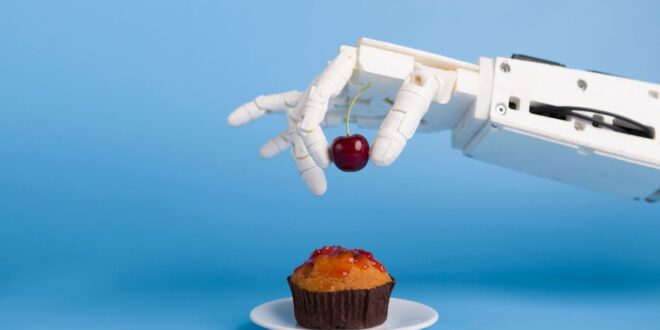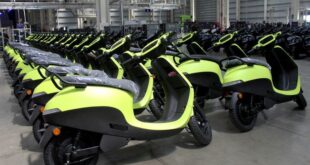In recent years, scientists have designed numerous robots for the service industry. These machines are capable of preparing food, serving, clearing up or even greeting customers, without ever taking a break. All of which has raised fears among the sector’s (human) workers.
Chun-Chu Bamboo Chen and Ruiying Cai, two researchers from Washington State University, surveyed over 620 employees working in the lodging and food service industry to find out how they felt about the arrival of robotic technology in their sector. They found that employees have very ambivalent attitudes towards these machines.
Many fear that these robots will replace them in the long term. The academics noted that the more pronounced this fear, the more stress and job insecurity employees feel. This “robot-phobia” leads them to consider resigning from their jobs so as not to find themselves in competition with the technology.
You’d think these fears would disappear when hospitality professionals start working hand-in-hand with such robots, and realize that the latter don’t make them obsolete. Indeed, industry insiders claim that this technology allows employees to focus on less tedious tasks, and spend more time in contact with customers.
But Chun-Chu Bamboo Chen and Ruiying Cai observed that the opposite phenomenon occurs. People who regularly interact with robots at work are more afraid than others that these machines will put them out of work. This is because they perceive these robots to be far more efficient than they are. And the more this is the case, the more employees consider changing jobs.
In a tense job market, particularly in the hospitality and food service sector, the arrival of robots may therefore exacerbate labor shortages. Chun-Chu Bamboo Chen, lead author of study, therefore recommends that employers in the sector take a more educational approach.
It’s important that they communicate both the benefits and the limitations of intelligent robots, emphasizing the essential role of human workers. “When you’re introducing a new technology, make sure not to focus just on how good or efficient it will be. Instead, focus on how people and the technology can work together,” the researchers say in a news release. – AFP Relaxnews
 BeritaKini.biz Berita Viral Terkini di Malaysia
BeritaKini.biz Berita Viral Terkini di Malaysia





